Greek Mythology: How the World Started
December 21, 2020
Some things in life can be counted on to happen and keep happening every day. The sun will rise and set. Stars will come out in the night. Rivers will flow toward the sea, and the air and land burst with life. There are also interruptions like volcanoes, earthquakes, hurricanes. It’s safe to say that earth is a very complex place to live and from our earliest records of human life, we’ve wanted to explain these things that were happening and that is how the Greek Gods came to life. People created the stories of the gods who performed these tasks, like bringing the sun up to rise and down to set. From the Greek Gods, people would draw their morals.
Gaia is Mother Earth. The story says that the world was in chaos. Nothing was as it seemed and nothing made sense. The world was a real Alice in Wonderland story until Gaia came and gave her body to the earth. Out of the need for balance came Gaia. Gaia sucked up all the heat from the world and stored it in her heart. She wrapped herself around the world, growing more solid with each layering until we had a crust. She made the sand for deserts and beaches, she pushed together plates of rock to form mountains. These mountains were so far into the sky the heat from her heart could not reach them and snow settled on top.
When Gaia had disentangled herself from Earth, she made the heavens. Gaia only knew things as they happened, like a small child learning as they go. She created a hole for all the pain and loss that came with life; the hole of the dead.
With all the wonderful things Gaia gave to Earth, there were bad things too. Chaos yawned and out came all the darkness of the Night and Erebus. Erebus, much like Gaia, was a place as well as a force. It sought to fill the crannies of the world, and it finally settled in the hole of the dead and became the upper part of the Underworld.
Life on Earth began when Night and Erebus fell in love. Night gave birth to Day and light followed the day. As Gaia watched all of this, she became jealous of Night and Erebus and longed for someone to love. She watched Pontus, the wholeness of the seas, and Uranus, the wholeness of the heavens, and chose Uranus as her husband.
Many of you hear Uranus and think of the planet up in our solar system, but the Greeks saw Uranus as the God of the heavens. He was a brother to the sea god, Pontus, and a husband to the earth god, Gaia. Uranus spread himself over Gaia. He dazzled her with the stars of the night and he fulfilled the dreams she had of the perfect love, that is what made the earth and sky harmonious. All three of them; Gaia, Uranus, and Pontus inspired each other, they were partners.
Soon after that, the lands ran with animals, and the skies filled with birds. The seas are filled with fish. Under the smiles of the three, life in the universe pulsed. Over time Gaia had twelve children with Uranus. Uranus became overwhelmed. These children were strong and large, and he feared that they would take over the universe. One child wanted to play in the deepest depths of the waters. Another wanted to shine higher and brighter than Uranus himself and the last wanted to play in the deepest, darkest corners of the Underworld. They asked incessant questions and drove Uranus crazy. They were too strong and there were too many. Uranus named them the Titans, which meant “stretchers,” because they wanted to stitch themselves in every direction the universe went. They craved power and Uranus grew in fear so he trapped them deep within their mother in the attempt to save them and the world.
Source: Treasury of Greek Mythology by Donna Jo Napoli



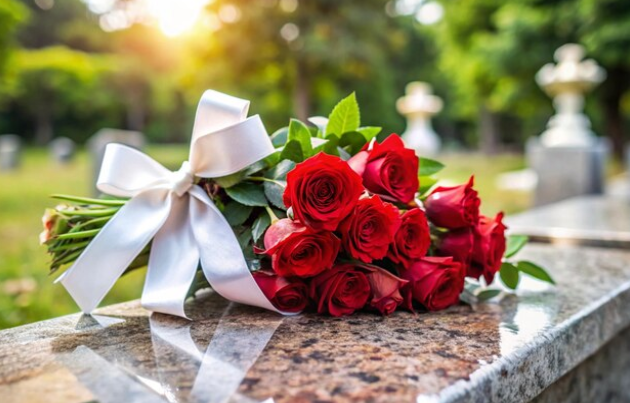

























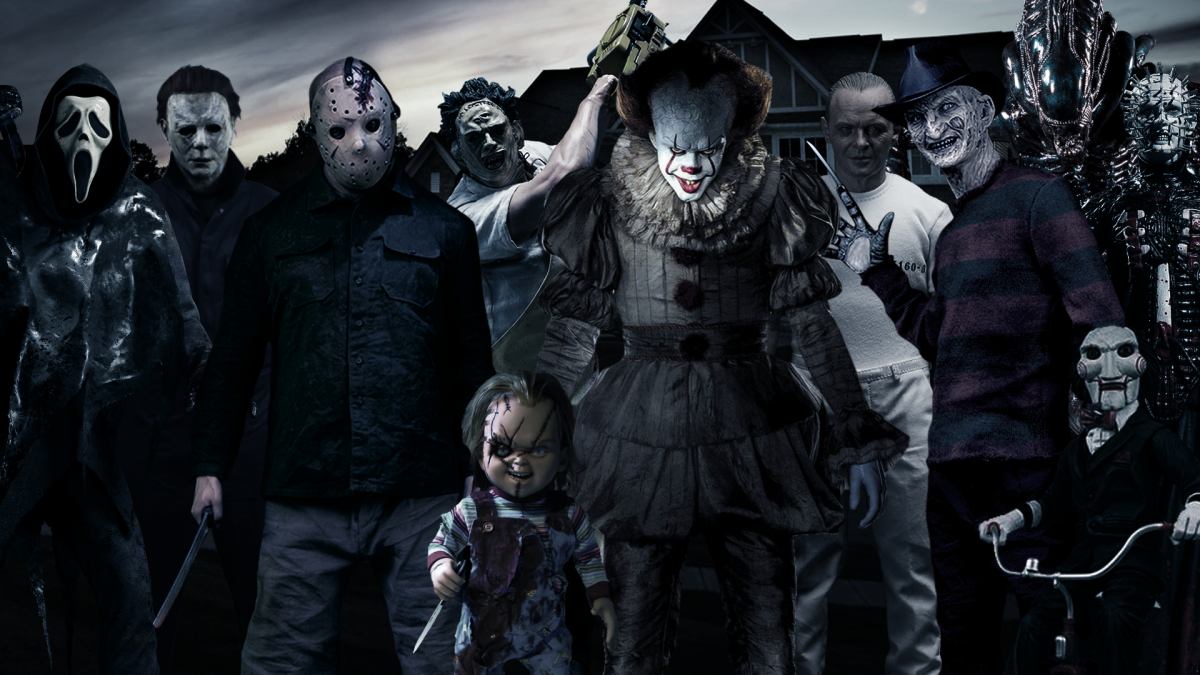









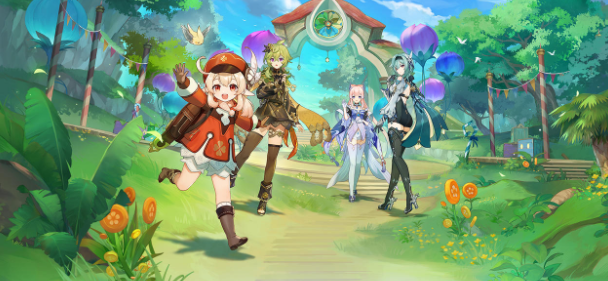







































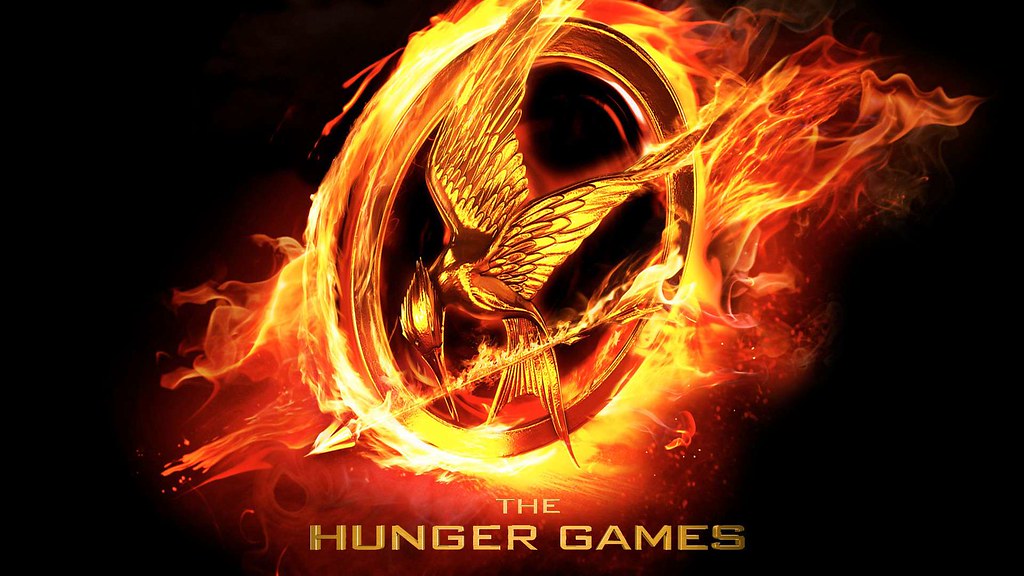
























































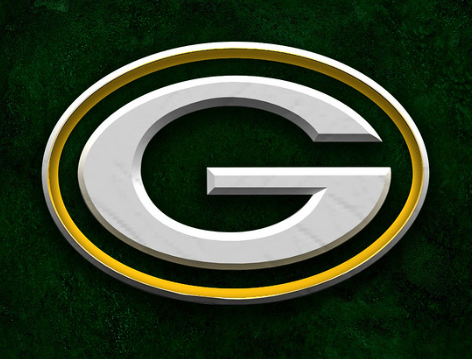










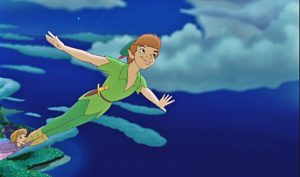
Grace Hertel • Jan 19, 2021 at 10:37 am
It was a good story. You used good facts and your order was on point I can’t find anything to change. So good job.